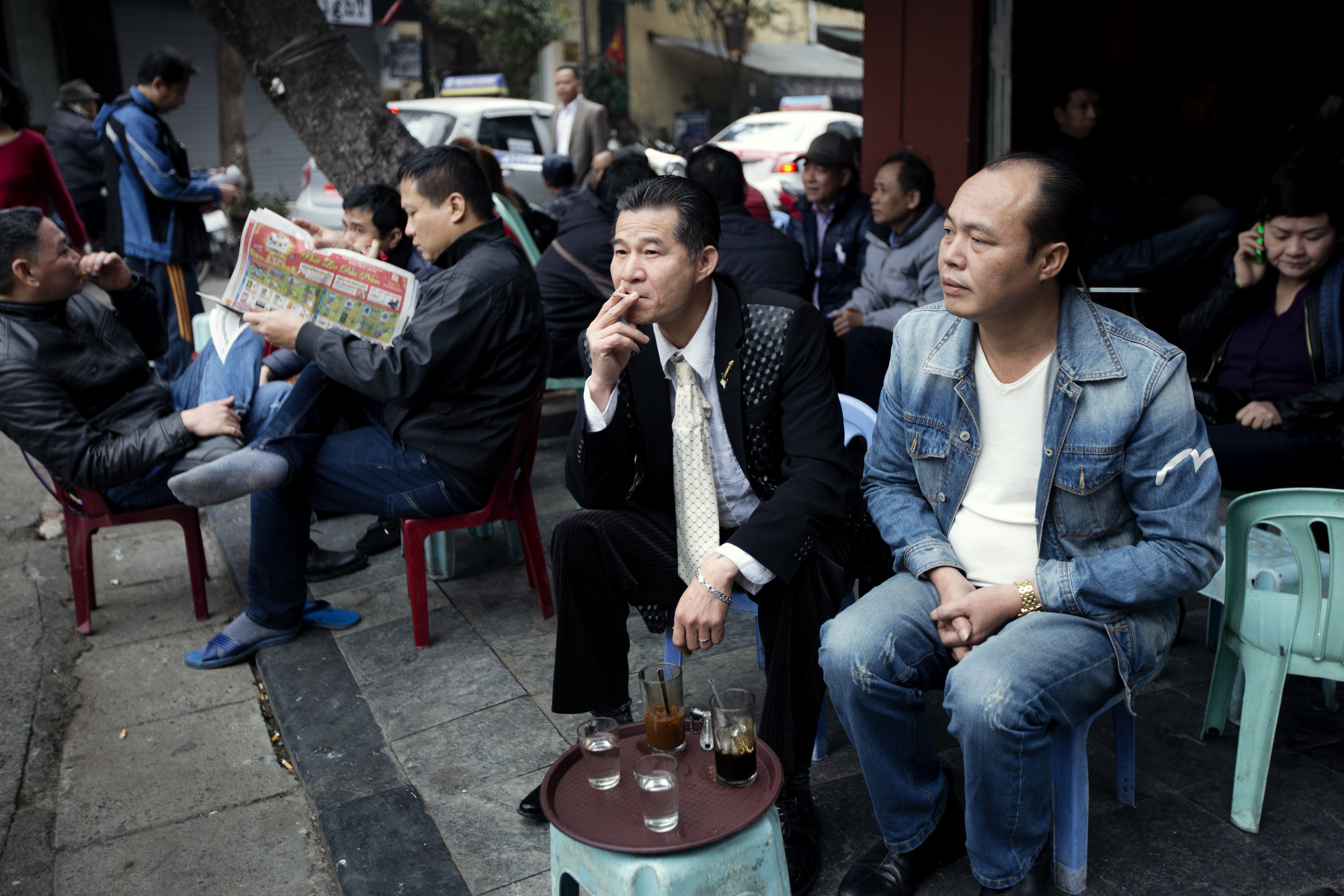Vietnam’s plan to sell its Saigon Beer Alcohol Beverage Corp. stake in tranches may help the government extract the best price after the brewer’s market value surged to $7 billion.
The phased-sale will be one way for the government to get “maximum valuation” for its 90 percent holding in the company, also known as Sabeco, according to Javier Gonzalez Lastra, a London-based analyst at Berenberg. The government expects to sell the first of three slices of its holding in the country’s biggest brewer in the fourth quarter, according to people familiar with the matter.
“Whoever gets the first tranche will have probably paid very high,” said Lastra. “You will be happy to pay a huge premium just to put yourself at the front of the queue, and if you got the first and second tranche, there’s nobody that’s going to come and just beat you out for the third tranche to have a minority stake.”
Heineken NV, Anheuser-Busch InBev NV and Japan’s Asahi Group Holdings Ltd. are among about half a dozen foreign companies that have shown interest in a stake in Sabeco. An expanding Vietnamese middle class and youthful population helped drive a 300 percent surge in beer demand since 2002, according to Euromonitor.
By looking to sell in portions, Vietnam is banking on the fact that beer demand will continue to rise, said Thomas Jastrzab, an analyst at Bloomberg Intelligence in Hong Kong.
The government is expected to approve Sabeco’s plan by the middle of next month, said the people, who asked not to be identified because the information is not yet public. Additional sales of stakes in the company may take place through 2018, they said. Sabeco’s Chairman Vo Thanh Ha wasn’t immediately available for comment.
Nguyen Trong Dung, vice chairman of the government’s national steering committee for enterprises renewal and development, said a decision hasn’t been made on the Sabeco plan and declined to comment on benefits of selling the stake in multiple tranches.
Shares of Ho Chi Minh City-based Sabeco have more than doubled since listing in December on expectations of a stake sale. Its price-to-earnings ratio is 36, compared with about 20 for Carlsberg A/S, the Danish brewer that owns a stake in Hanoi Beer Alcohol Beverage Corp.; Heineken has a multiple of about 25 times and Asahi Group 22.
“Sabeco is quite expensive, since the Vietnam beer market is only expected to grow 6 percent this year,” said Tran Nhat Trung, a Ho Chi Minh City-based analyst at ACB Securities Co. “But it may still be attractive, especially to the Japanese companies, since they face the negative-interest-rate economy back home.”
Beer Demand
Sabeco’s shares have climbed 28 percent this year through Tuesday, compared with the 19 percent gain in the benchmark Vietnam Ho Chi Minh Stock Index. The stock dropped as much as 1.2 percent in Ho Chi Minh City trading Wednesday.
A risk of selling the Sabeco stake in more than one tranche would be if Vietnamese beer demand slumps, reducing the valuation for the second and third tranches, Jastrzab said.
Vietnam’s per-capita beer consumption will reach 40.6 liters (11 gallons) this year, making it the biggest consumer of the amber fluid in Southeast Asia, according to Euromonitor. Heineken and Carlsberg are fighting for market share in the country as international brewers seek to expand their Asian presence through acquisitions. Anheuser-Busch InBev bought South Korea’s Oriental Brewery Co. for $5.8 billion in 2014, while Heineken purchased Singapore’s Asia Pacific Breweries two years before that.
Sabeco, the maker of Saigon Beer and 333 Beer, had a 40 percent share of its domestic market in 2016 and has the capacity to produce more than 1.8 billion liters of beer a year, according to the company’s annual report.
The Vietnamese government, which needs billions of dollars in infrastructure investments for highways to airports, is stepping up efforts to cut its holdings in state-owned firms in a bid to narrow its budget deficit. The country plans to privatize 137 state-owned companies through 2020 and expects to complete the process in 40 of them this year.
Companies and investors will wait to see the terms of the Sabeco sale.
“In order to maximize Sabeco’s valuation, the seller will have to give exclusive rights to acquire the remaining two tranches to the first-tranche buyer,” said Yeongmin Gil, managing partner at South Korean law firm Shin & Kim’s Ho Chi Minh City office. “Otherwise, nobody wants to buy the first slice, if the buyer wants to be a controlling shareholder of Sabeco.” – Bloomberg
